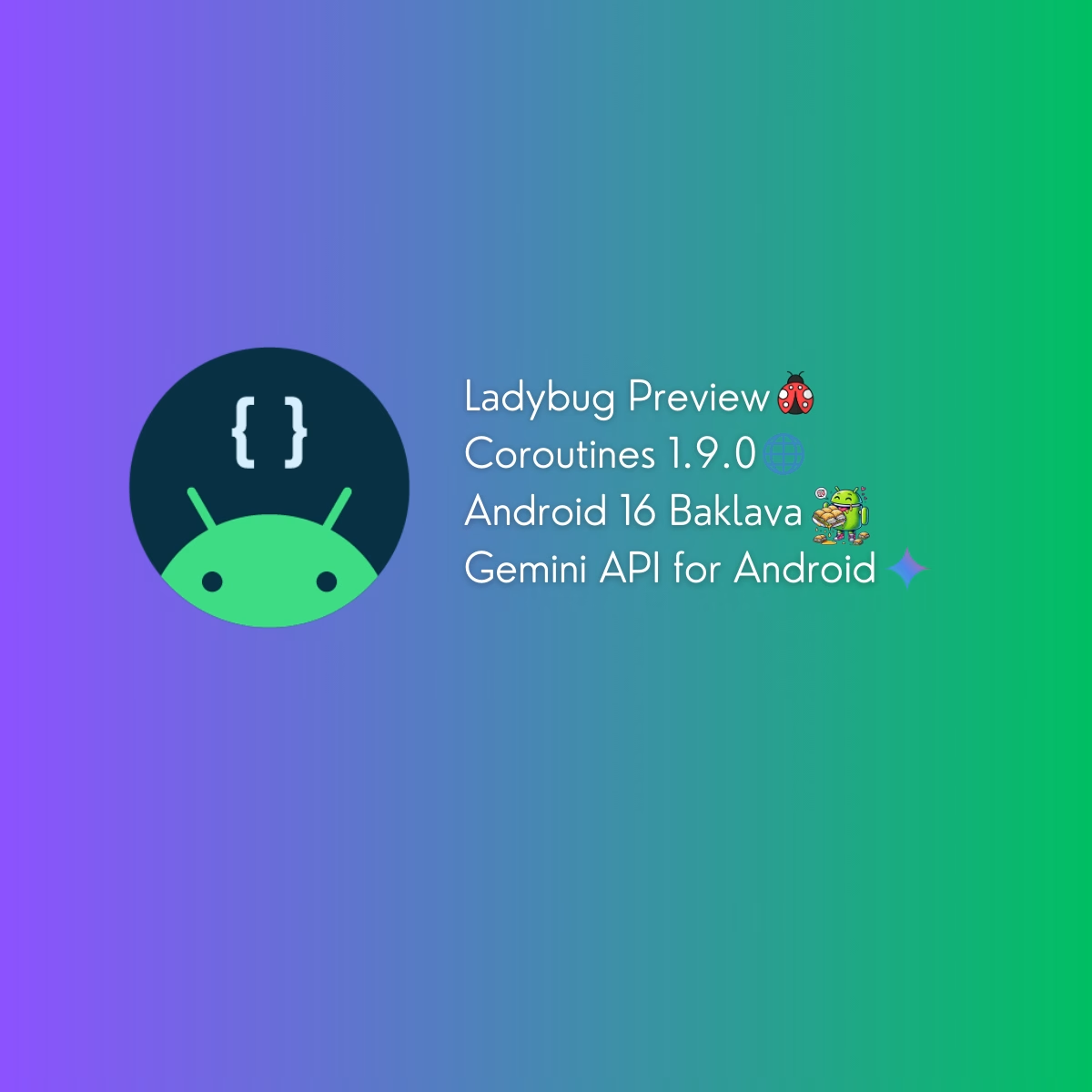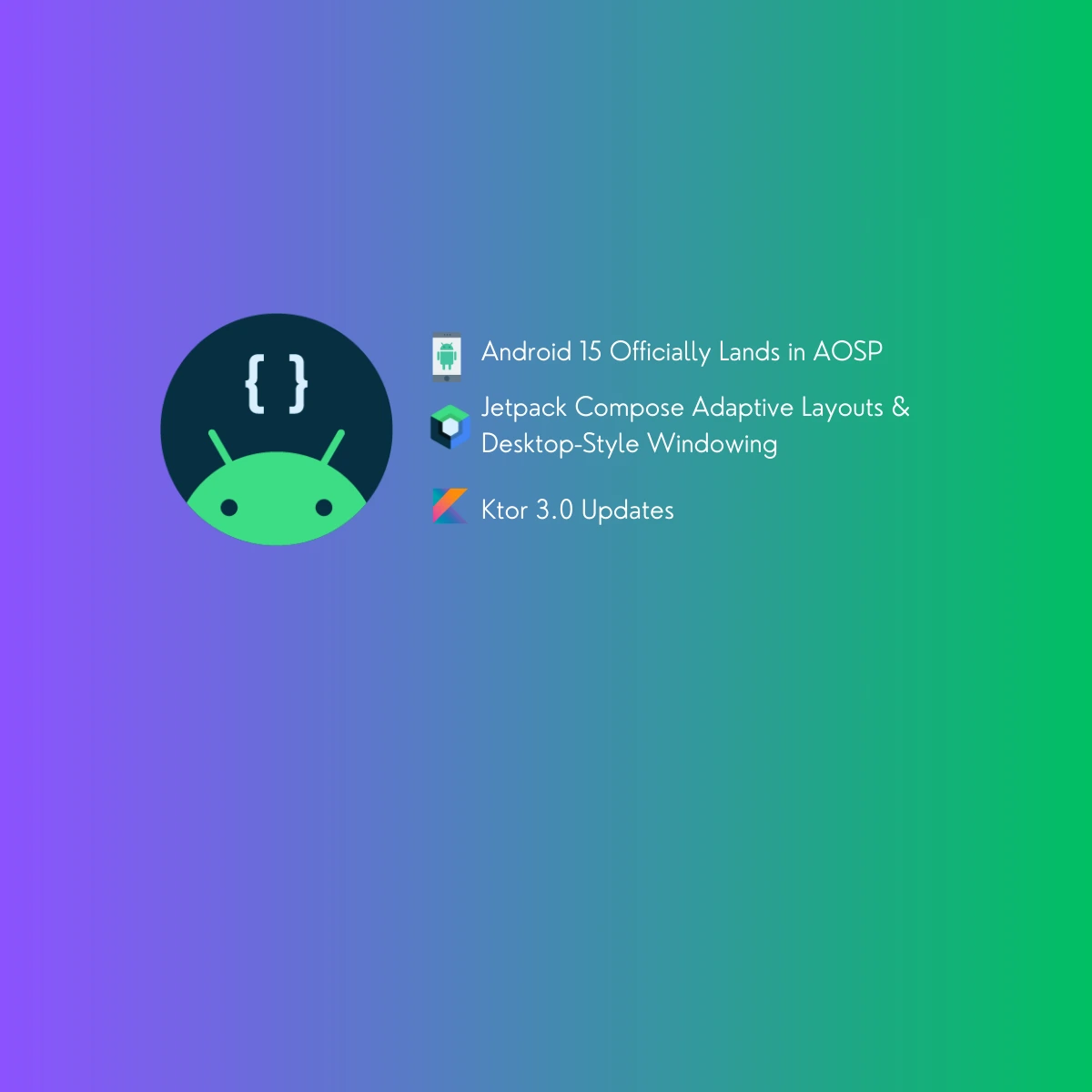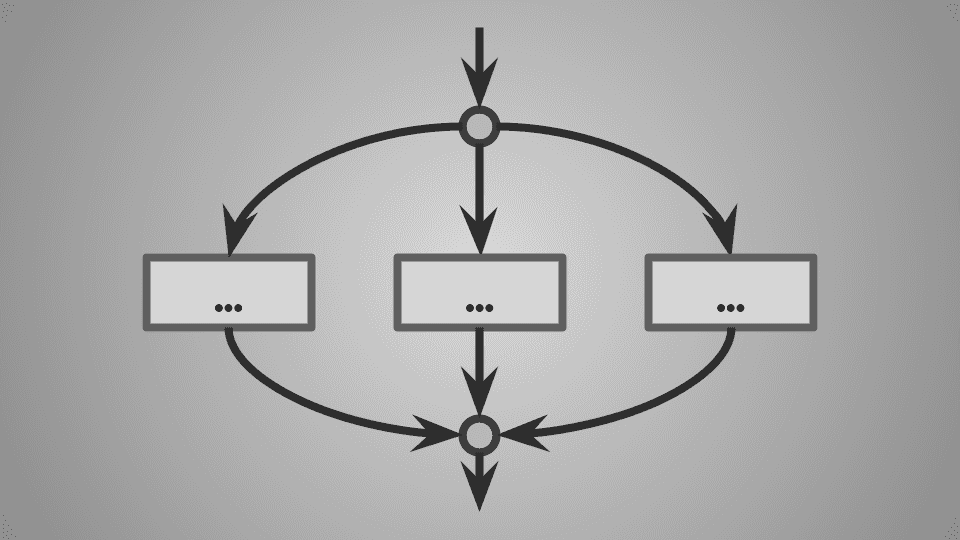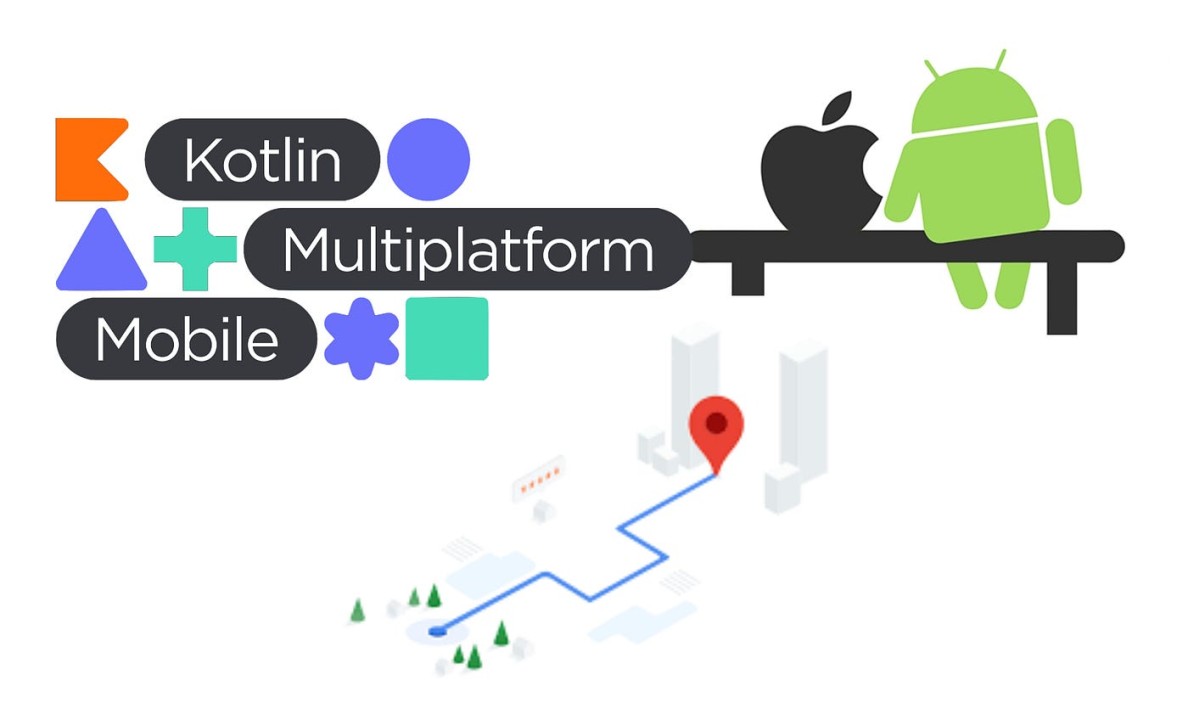This Week’s Android Highlights
Welcome to this week’s edition of Android news highlights! From new features in the Android Ladybug Preview to the release of Kotlin Coroutines 1.9.0, and some exciting updates on Android 16 Baklava, we’ve got you covered on all the latest developments in the Android world. Read on to get a quick summary of what’s happening and stay up to date with the Android development ecosystem.
1. Android Ladybug Preview: New Features and Editor Improvements
The Android Ladybug Preview has been announced, bringing a series of new features aimed at enhancing the developer experience. From better editor support to debugging improvements, this version is packed with tools to speed up your workflow. Some key highlights include:
- Enhanced Layout Editor: Better visualization and interaction with constraints and components.
- Improved Profiling Tools: Easily track memory, CPU, and network usage.
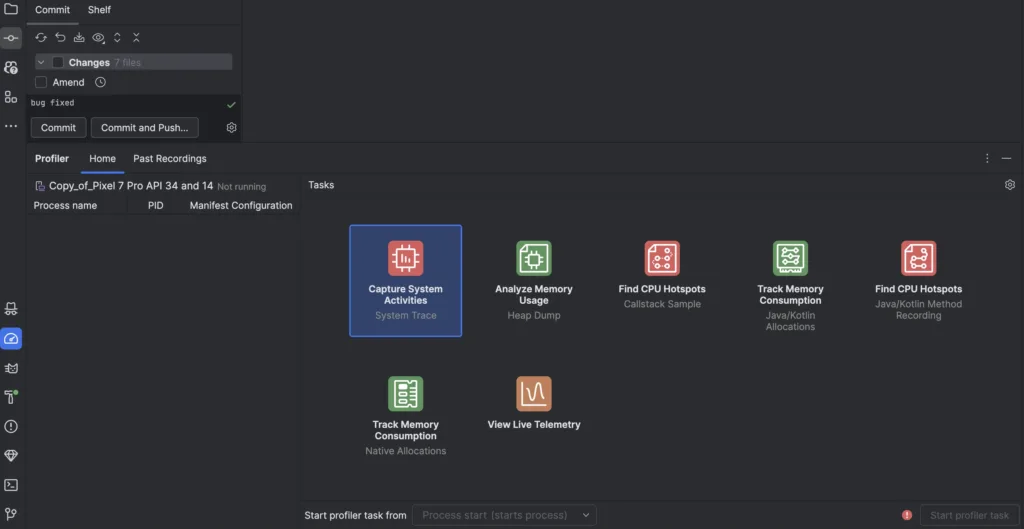
For more technical insights and documentation, check out the official Android blog: Android Developer News.
2. Coroutines 1.9.0 Released: New Features and Enhancements
Kotlin Coroutines version 1.9.0 has been officially released, introducing a set of new capabilities to make asynchronous programming easier and more efficient. Some of the highlights include:
LimitedParallelism: This new feature allows developers to control the concurrency level of their coroutines, making it easier to manage resource usage.
val limitedDispatcher = Dispatchers.Default.limitedParallelism(4)
- Better Interoperability: Improved support for Flow and Reactive Streams, providing a more seamless experience for integrating coroutines with different libraries.
For more technical information and to explore code samples, you can visit the Kotlin Coroutine Documentation.
3. Android 16 “Baklava” Unveiled
The Android development world is abuzz with the upcoming Android 16, codenamed “Baklava.” The focus is on performance improvements, security features, and AI-based enhancements. If you want an in-depth overview, you can explore my dedicated article that delves into all the key features: Android 16: The Baklava Code Name Unwrapped.
4. The Case of Audio Forge: App Removed from Play Store
The popular audio editing app Audio Forge was recently taken down from the Google Play Store. The issue stems from the Play Store’s strict policies: if an app fails to work properly in any of the test tracks (including internal testing, closed, and open testing) or has a description that violates store guidelines, it could face removal. Moreover, any critical issues experienced by users, such as crashes or inappropriate content, can also result in the app being delisted.
For detailed policy guidance, you can visit Google Play Developer Policy.
More discussions about this issue can be found in the Reddit community: Audio Forge on Reddit.
5. Multimodal Capabilities with Gemini API for Android Developers
The Gemini API is gaining traction among Android developers for its multimodal capabilities. The API allows you to integrate text, voice, and image processing into your apps, making it easier to build more dynamic and interactive user experiences. The API’s flexibility in handling various input types opens up a world of possibilities for developers.
For an official rundown on how to utilize the Gemini API’s advanced capabilities, you can refer to the blog post on the Android Developers blog: Advanced Capabilities of Gemini API.
Also, if you’re interested in learning more about building Android apps using Gemini, check out my guide here: Building an Android App with Gemini AI.
Final Thoughts
This week’s highlights show how the Android ecosystem is constantly evolving, from new tools like Ladybug and the Gemini API to platform-wide changes like Android 16 Baklava. With ongoing improvements in Kotlin Coroutines and Play Store policies, it’s more important than ever to stay updated with the latest in Android development.
Did you like this article?
You can subscribe to my newsletter below and get updates about my new articles.
